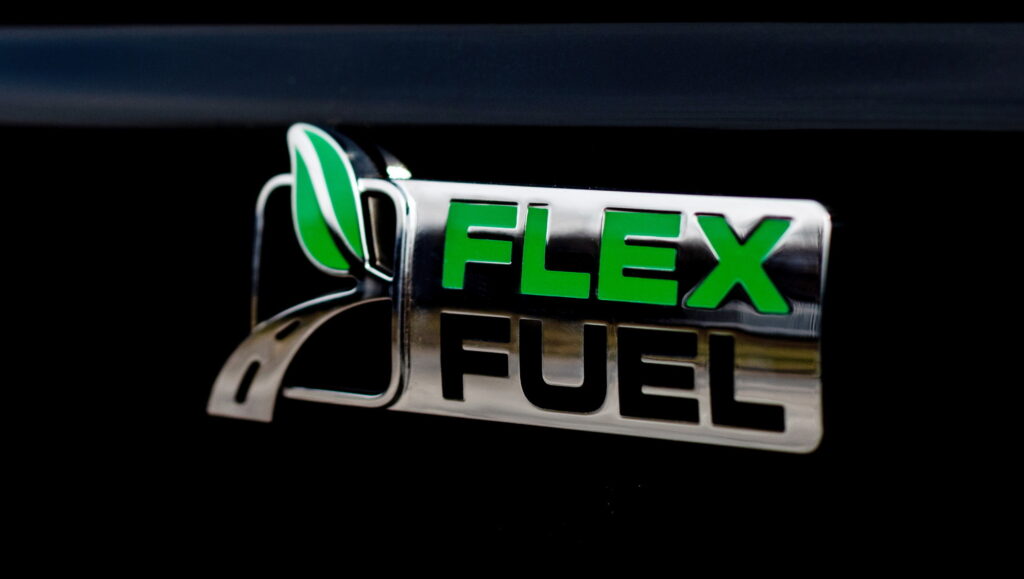Your gas flap may soon have a milk mustache, because Michigan dairy farmers are partnering with a distillery north of the border to convert sugars that are a byproduct of the ultrafiltering process into ethanol for your car.
The Michigan Milk Producers Association (MMPA) recently announced their partnership with Dairy Distiller, a company based in Ontario, Canada, that produces a milk-based vodka called Vodkow. Having personally tasted the company’s products, I can confirm that they’re pretty good.
The company uses a byproduct of the ultrafiltering process called milk permeate. The material is full of lactose, which is a type of sugar. Like all other forms of sugar, it can be fed to yeast to make ethanol.
Read: Texas Approves Construction Of World’s Largest E-Fuels Facility By Porsche-Backed HIF

While Dairy Distiller has historically fed that ethanol to Canadian humans (in the form of vodka), it will soon feed it to American vehicles as well. That will be possible thanks to a $41 million plant that is planned to open in early 2025, they say.
The facility will be located next to an existing MMPA location in Constantine, Michigan, where 14,000 tonnes of milk permeate are produced per year. The plant will be capable of processing the lactose-rich material into 2.2 million gallons of ethanol annually.
The new Constantine location is being supported by $2.5 million in funding from the Michigan Strategic Fund, and will offset 14,500 tonnes of carbon per year when blended with transportation fuel. That will help reduce the carbon footprint of the Constantine milk processing plant by five percent, the MMPA estimates.
While finding uses for milk byproducts is certainly positive, it is important to note that the dairy industry is very carbon intensive. The American Dairy Association reports that the industry accounts for roughly two percent of total U.S. greenhouse gas emissions, or 20 percent of the agriculture sector‘s emissions.
Dairy farming in Michigan and Ohio, specifically, have also been linked to the toxic algae blooms currently plaguing Lake Erie, reports the Environmental Working Group. Recent studies have suggested that even when ethanol is made from corn, it can be more damaging to the environment than fossil fuels, suggesting that the possible environmental benefits of the product are closely linked to how it is sourced.





